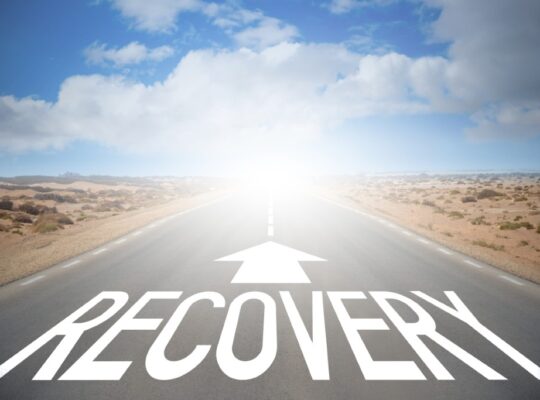Are you feeling trapped and alone, struggling with addiction or mental health issues? You are not alone. Many individuals in Johannesburg and around the world face similar challenges every day. It’s time to break free from the isolation and seek the support and connection that can lead to healing and recovery. In this article, we will explore the power of community in overcoming the stigma surrounding addiction and mental health, and how finding professional help can be the catalyst for positive change in your life.
One of the most significant barriers to seeking help for addiction and mental health issues is the stigma attached to these conditions. Society has often portrayed addiction and mental health problems as weaknesses or character flaws, causing individuals to suffer in silence. However, it’s crucial to recognize that addiction and mental health struggles are not moral failings but symptoms that can be effectively treated with the right environment and support.

The first step in overcoming the stigma is to recognize that reaching out for help is a courageous act, not a sign of weakness. By embracing this truth, you empower yourself to seek the assistance and guidance necessary for your well-being. Remember, you don’t have to face these challenges alone.
Connecting with others who have experienced similar struggles can be transformative. Joining a community of individuals who understand and empathize with your journey creates a sense of belonging and support. In Johannesburg, numerous support groups, therapy centers, and rehabilitation facilities provide safe spaces for individuals to share their stories, learn from one another, and develop coping strategies.
Being part of a community also helps break the cycle of isolation that often accompanies addiction and mental health issues. Isolation breeds shame, self-doubt, and despair. Surrounding yourself with people who genuinely care about your well-being can restore hope and provide the encouragement needed to persevere through difficult times.
While community support is invaluable, it’s important to acknowledge the expertise and guidance of professionals. Seeking professional help is a vital aspect of your path towards recovery. Professionals possess the knowledge, experience, and tools to address your unique needs and guide you towards long-term wellness.
Professional help may involve therapy, counseling, medication, or a combination of approaches tailored to your specific circumstances. Trained professionals can help you understand the underlying causes of your addiction or mental health struggles and provide strategies to address them effectively. They are equipped to offer evidence-based treatments that have proven successful in assisting individuals on their path to recovery.
Remember, asking for help is not a sign of weakness; it is a courageous step towards healing. You deserve to live a life free from the chains of addiction and the burden of mental health challenges. By seeking professional help, you are taking control of your well-being and opening yourself up to a world of possibilities.
The potential future impact of embracing the principles outlined in “From Isolation To Connection: How Community Can Help Break The Stigma Of Addiction And Mental Health” is immense. By recognizing the power of community and seeking professional help, you open yourself up to a world of positive change and growth.
By breaking the stigma surrounding addiction and mental health, you create an environment that promotes empathy, understanding, and support. Imagine a future where individuals feel comfortable discussing their struggles openly, without fear of judgment or shame. This shift in societal perception can foster compassion and encourage more people to seek the help they need.
As more individuals find the courage to reach out for support, the demand for community-based programs and services will continue to grow. This increased demand will likely lead to expanded resources, improved accessibility, and a greater variety of treatment options tailored to individual needs. You will have access to a diverse range of professionals, therapies, and support networks that can provide you with the tools and strategies necessary for your recovery journey.
Furthermore, as the stigma surrounding addiction and mental health diminishes, public funding and private investments in research and treatment will likely increase. This surge in financial support can fuel advancements in scientific understanding, leading to more effective interventions and treatments. With each passing year, breakthroughs in neuroscience, psychology, and pharmacology bring us closer to personalized, evidence-based approaches that target the root causes of addiction and mental health challenges.
A future shaped by the principles of connection and support will not only benefit individuals on their recovery journey but also have a ripple effect on their families, communities, and society as a whole. As more individuals find healing and regain control over their lives, they can contribute positively to their communities, inspiring others and breaking the cycle of addiction and mental health challenges.
Ultimately, the potential future impact of embracing the values outlined in “From Isolation To Connection: How Community Can Help Break The Stigma Of Addiction And Mental Health” is a world where individuals no longer suffer in silence, where seeking help is seen as an act of strength, and where everyone has access to the support they need to live fulfilling, healthy lives. It is a future where you can find the understanding, connection, and professional help necessary to overcome your challenges and thrive.







